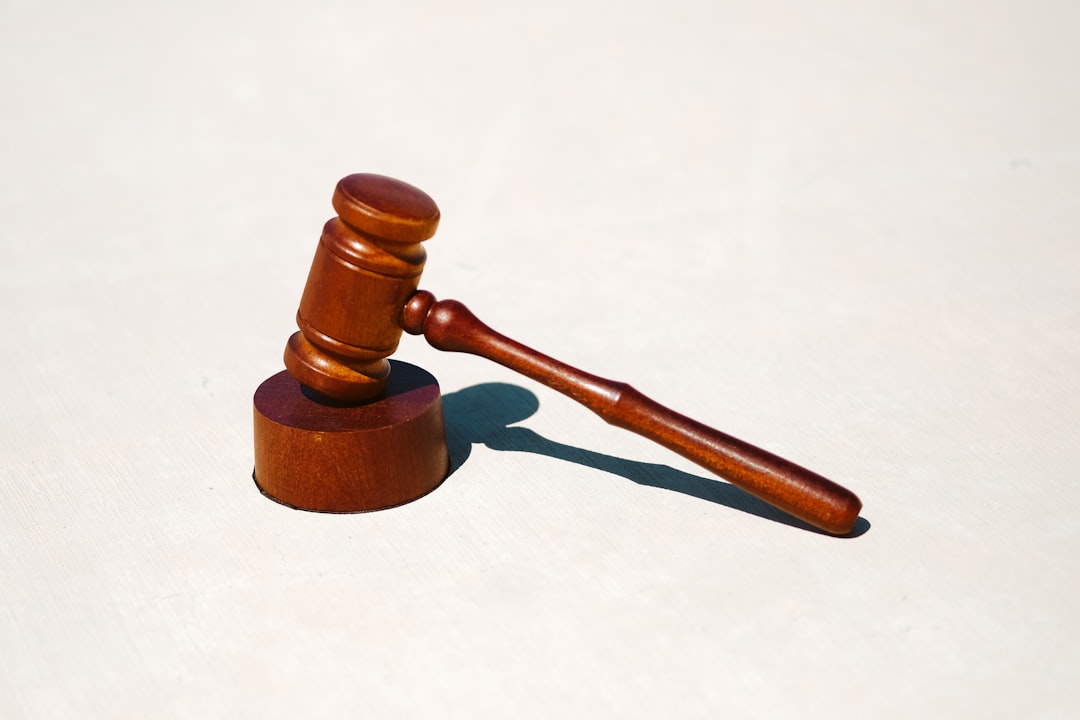Seniors in Philadelphia can protect themselves from spam calls, an increasing digital threat, by registering on the Do Not Call list, blocking numbers, and consulting a specialized spam call lawyer. These lawyers, knowledgeable about Pennsylvania's TCPA and anti-harassment laws, offer legal guidance and action against perpetrators, ensuring seniors' privacy and peace of mind. Documenting evidence of persistent calls is crucial for taking formal complaints or court action.
In Philadelphia, seniors often face unique challenges, especially when it comes to relentless spam calls and harassing phone practices. Understanding your rights is crucial for navigating this modern-day enigma. This comprehensive guide delves into the legal protections available to Philly’s senior residents against these disturbing tactics. From recognizing spam calls to understanding your legal options, this article equips you with knowledge, empowering you to take action if needed, and even connect with a specialized spam call lawyer in Philadelphia for expert assistance.
Understanding Harassment: Philly Senior Rights

In Philadelphia, harassment through phone calls, often in the form of spam calls, is a significant concern for many seniors. Understanding what constitutes harassment is the first step in safeguarding your rights. According to Pennsylvania law, unwanted telephone solicitations or repeated calls made with the intent to annoy, abuse, or harass are illegal. This includes calls from unknown numbers, automated systems, or prerecorded messages.
If you’re a senior resident of Philly and experience persistent phone harassment, there are legal protections in place. A spam call lawyer in Philadelphia can guide you on how to navigate these issues, ensuring your rights are respected. Know that you have the power to stop unwanted calls by registering on the Do Not Call list, blocking numbers, or taking legal action against perpetrators.
Spam Calls: Legal Definition & Limits

In the context of harassing phone practices, understanding what constitutes a spam call is crucial for seniors in Philadelphia looking to protect themselves legally. A spam call refers to unsolicited telephone marketing calls or messages that are en masse or use automated dialing systems to deliver prerecorded messages. These calls often promote various products, services, or offers and can be particularly bothersome and invasive for older individuals who may not be interested in such promotions.
According to Pennsylvania law, there are strict regulations against spam calls, especially when targeted at seniors. A spam call lawyer in Philadelphia can help navigate these legal protections. The Telephone Consumer Protection Act (TCPA) limits the number of automated or prerecorded messages sent to residential telephone numbers and requires prior express consent from the recipient for such marketing calls. This legislation was designed to curb nuisance calls and give consumers more control over their privacy.
Protecting Seniors: Phone Scams & Laws

In the digital age, seniors in Philadelphia are increasingly vulnerable to phone scams, including spam calls and nuisance messaging. These practices can be particularly distressing for an aging population that may lack access to up-to-date technology or the knowledge to identify such threats. Protecting them requires a multifaceted approach. Legal protections play a crucial role, with state and federal laws designed to curb unwanted communications. A spam call lawyer in Philadelphia can guide seniors through these legal avenues, helping them exercise their rights and find recourse against harassing phone practices.
The Telephone Consumer Protection Act (TCPA) is a key piece of legislation that restricts certain marketing practices, such as automated or prerecorded calls, and gives consumers the right to sue for damages if they receive such calls in violation of the law. In addition, Pennsylvania has its own laws against telephone harassment, which can provide additional protections for seniors facing persistent or abusive phone scams. A legal expert can help interpret these laws and ensure that seniors’ rights are upheld, offering them peace of mind and a way to hold perpetrators accountable.
Action Steps: When Spams Persist

If despite your best efforts, spam calls continue to persist, it’s crucial to take immediate action. The first step is to gather evidence – note down the phone numbers, dates, and times of these unwanted calls. Keep a log of any recorded messages or interactions with the callers. This documentation will be invaluable if you decide to take legal action.
Next, consider consulting a spam call lawyer in Philadelphia who specializes in protecting seniors’ rights. They can guide you through your options, which may include filing a formal complaint with local authorities or seeking injunctive relief through the courts to stop the harassment. Don’t let persistent spam calls disrupt your peace of mind; take control and protect your rights.
Finding a Specialist Lawyer in Philly

In Philadelphia, finding a specialist lawyer who understands the nuances of harassment laws is essential if you’re a senior citizen facing relentless spam calls. The city’s legal landscape can be complex, but there are attorneys dedicated to advocating for victims of harassing phone practices. Start your search by consulting local bar associations or online directories that specialize in consumer protection and telephone harassment cases. Look for lawyers with specific experience in dealing with spam calls, as they’ll have the expertise to navigate the relevant laws and regulations effectively.
A reputable spam call lawyer in Philadelphia should possess in-depth knowledge of Pennsylvania’s Telephone Consumer Protection Act (TCPA) and other related statutes. They should also be adept at handling cases involving robocalls, live operators, and other forms of unwanted communications. Don’t hesitate to request references or case studies from potential lawyers to gauge their success rate and specialization in this area. Engaging a specialist ensures you receive tailored legal counsel that aligns with your unique situation.






